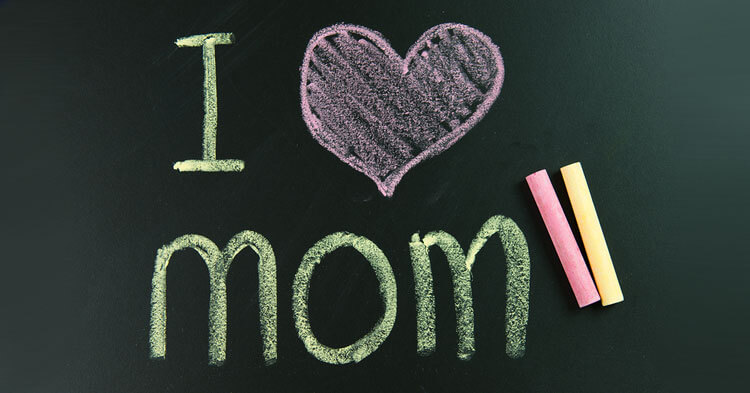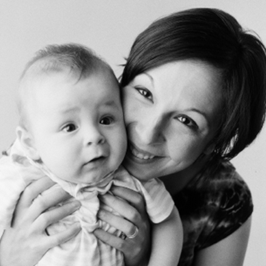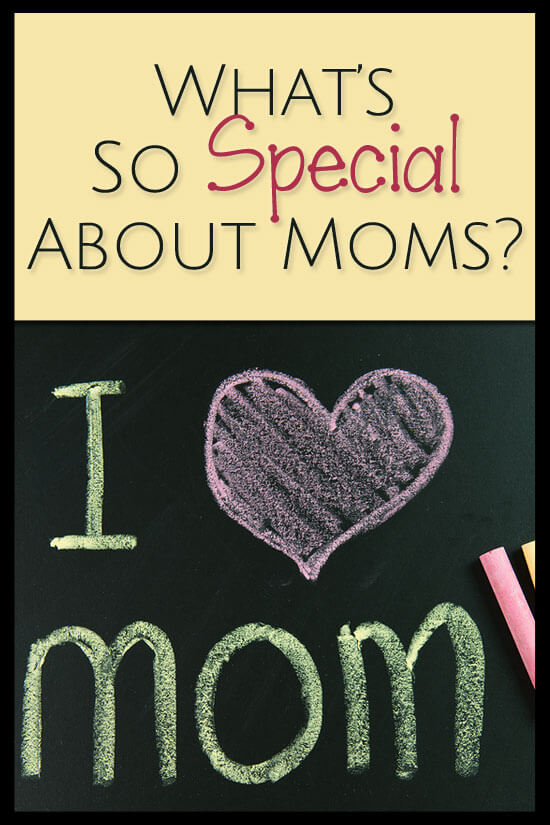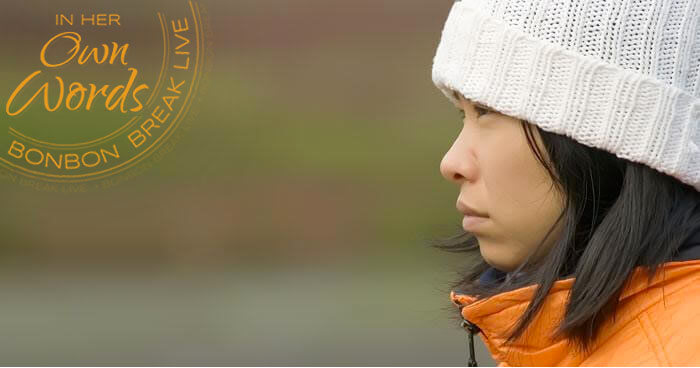What’s so Special About Moms?

I wouldn’t say that my son Edwin loved me right from the day he was born. To be honest, I wouldn’t even say that I really loved him either, at least not at first sight. He wasn’t exactly easy on the eyes as a newborn, with his alien-shaped head and shriveled up skin. Plus, we’d just met, and even the most loving of relationships need time to develop.
By the time he was 3 months old, he was much cuter he smiled a lot, especially at me. By that time, my love for him was blossoming, but even though he had some sort of preference for me over other people, I couldn’t say that he really loved me just yet. He just kind of liked the look of me.
This all started to change when he was about 8 months old. At this point, he could crawl right to me when he needed me. And he was finally showing that he did in fact need me. When we were in a new place with a large number of people, he showed me just how much by crying when he was handed to anyone else. This is called separation anxiety, which is when a child has a negative emotional response to being separated from his mom. Separation anxiety is said to be one of the first signs of attachment. Attachment is a baby’s relationship to his mom or his primary caregiver. Some people have described attachment as a baby’s love for his mother. Edwin showed the first signs of love for me around this time.
Why do babies become attached to their mothers? The old fashioned view is that it’s because their mothers feed them. The logic goes something like this: Mothers provide milk, which is what babies need to survive, so eventually babies learn to love whatever it is that’s feeding them.
In the 1950s, though, a famous researcher named Harry Harlow from the University of Wisconsin, Madison, demonstrated that this view is not quite right. Harlow studied attachment in baby monkeys. To do this, he separated baby monkeys from their mothers at birth. Then he gave the monkeys two new “mothers”: one mother was a doll made of wire that had a bottle attached to it, and the other mother was a doll made of cloth. The baby monkeys always had access to both the cloth and wire mothers and could go to whichever mother they wanted.
Harlow reasoned that if the old-fashioned view of why babies love their mothers was right, the baby monkeys would spend most of their time clinging to the wire mother since it was the one that gave them milk. In contrast, if it was something about comfort that made infants attach to their mothers, the baby monkeys might spend the most time with the cloth mother since cloth is more comforting to the touch than wire. It turns out that the baby monkeys only went to the wire mother when they wanted to eat and spent the rest of their time clinging to the cloth mother. Most importantly, when Harlow presented the baby monkeys with a new situation or a scary toy, they immediately ran to the cloth mother for comfort.
This research suggests that feeding babies or even nursing them isn’t ultimately what causes babies to become attached to their moms. Instead, it seems to be something else about the comfort that a mother’s presence provides. Although a baby’s mother is usually the one who provides the most comfort and becomes a baby’s most prominent attachment figure, babies have attachments to other people, too, including dads, grandparents, etc.
At 8 months, just when Edwin was first becoming attached to me, and just when I was realizing how head over heels in love with him I had become, I went back to work, and he started a new relationship with another woman—his nanny. Because babies can attach to people other than their moms, I was terrified that he’d grow to love his nanny more than me. After all, he would be spending more time with her than with me during the week. Why would he love me more than her?
It turns out that I had nothing to worry about. Around the time I usually come to pick Edwin up from his nanny’s house every day, he lingers by the door waiting for my arrival. He runs into my arms when I walk in, and he still clings to me the most when he’s upset or afraid. He does love his nanny, but my fear that Edwin would grow to love her more than me was unfounded. It turns out that moms are special. The comfort that I provide him with is what helps him most in challenging situations, and it’s what gives him the confidence he needs to explore new things.
Recently, researchers have found evidence to support this idea by studying activation of the amygdala—the part of the brain that is most active when we are afraid. It turns out that when a child is given something new or potentially scary, his or her amygdala isn’t as active when mom is present as when she is not present. Further, there is evidence that the amygdala is activated more quickly and more easily in children who are in foster care—children who don’t have a mother in close proximity—than in children who are not in foster care. This research suggests that a mother’s presence can affect a baby’s brain, buffering it from experiencing fear in the face of something new or challenging.
Attachment doesn’t end in infancy—everyone has attachment figures, even adults. Although the presence of adult attachment figures like romantic partners have been shown to have similar effects on the brain when confronted with something scary, the role of the mom seems to decrease as children reach adolescence and their amygdalas are fully mature. While it is somewhat disheartening to accept the fact that Edwin won’t always need me to help him in challenging situations, I’m happy that at 15 months, he certainly needs me now and is fully capable of showing it. Clinging in the face of a new situation has progressed to hugging, cuddling, and laughing in a way that is reserved just for me. I’m his mom, and it turns out that I am very special.
Pin it for Later
READ MORE IN THE FAMILY ROOM
This post was written by Vanessa LoBue exclusively for BonBon Break Media LLC.






